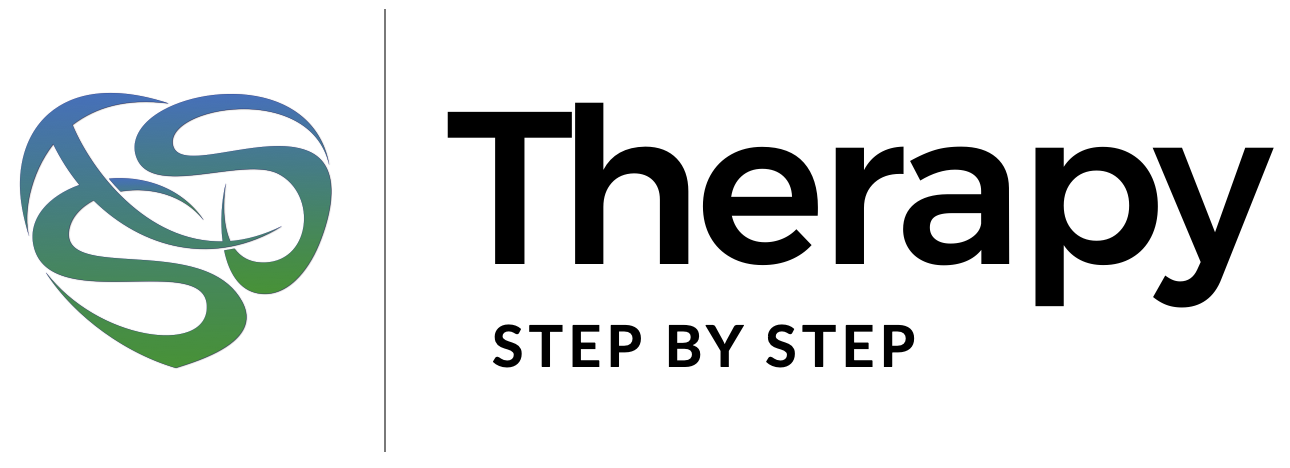Treatments
The conditions and symptoms I can help you with are many and varied. I can provide professional and confidential help with most mind related matters. You can contact me concerning your issue or problem by e-mail on renata@therapystepbystep.com. We can then arrange an initial free consultation to establish which treatments would best suit your issues.
NB. Some conditions may require medical consultation and/or GP referral before therapy starts.
